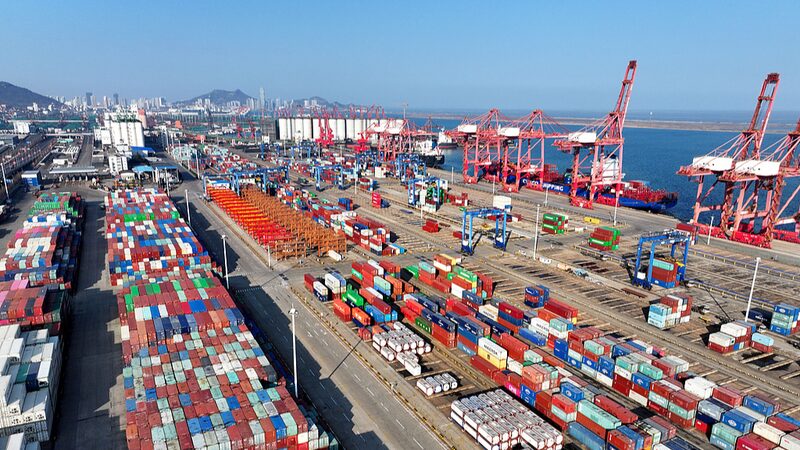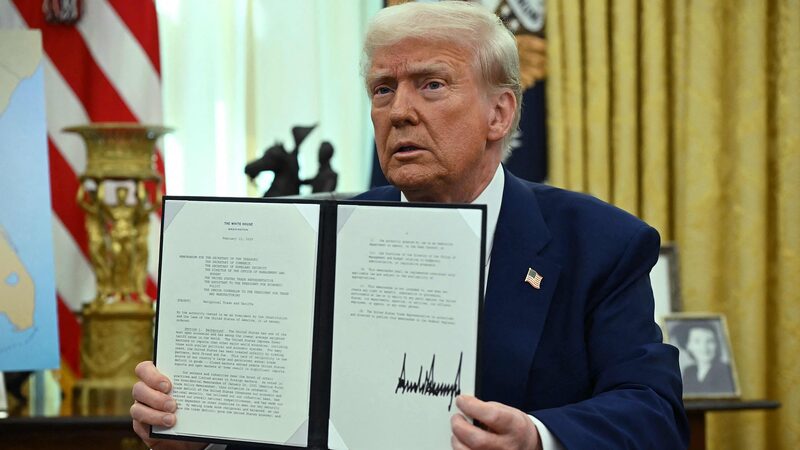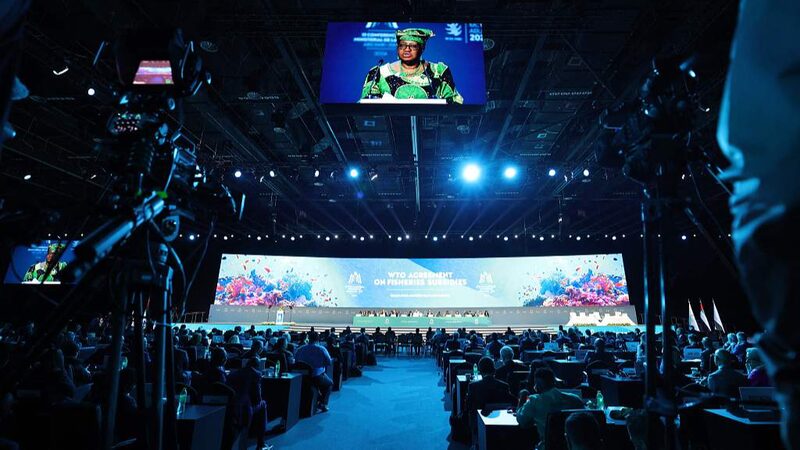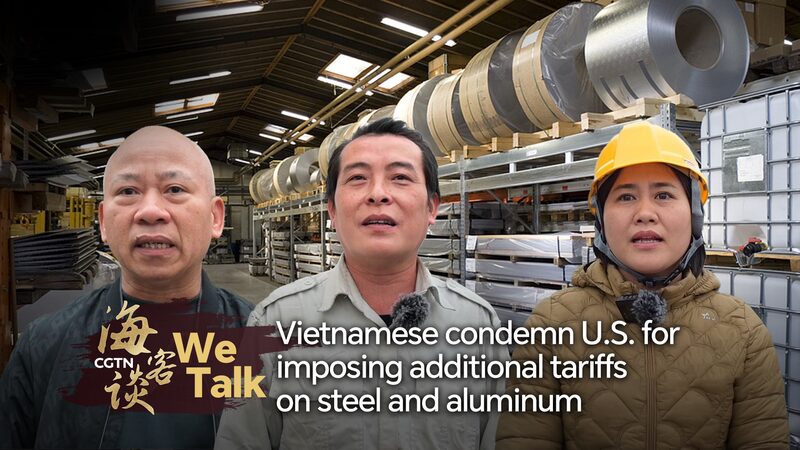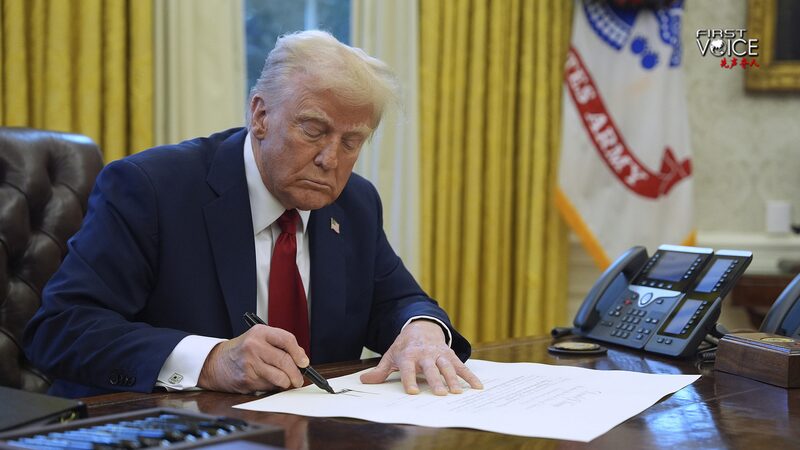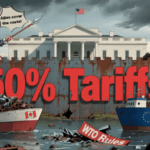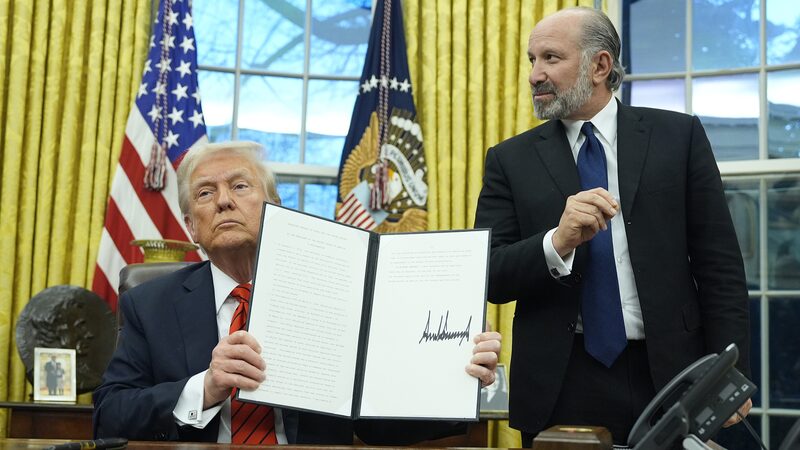The recent announcement by the Trump administration of new 25 percent tariffs on all steel and aluminum imports into the U.S. marks a significant disruption to the global trade order established under World Trade Organization (WTO) rules. This move poses substantial challenges to the development of countries in the Global South.
Economies in the Global South, heavily reliant on international trade, find themselves particularly vulnerable to both the direct and indirect impacts of escalating trade wars. Rising trade barriers and increased export restrictions hinder access to key markets and disrupt global supply chains, amplifying economic uncertainty across these nations.
The ripple effects of such trade conflicts could undermine the export-driven growth models that underpin many Global South economies. Nations specializing in labor-intensive manufacturing may see their roles in the global division of labor diminish, while those dependent on primary commodity exports face greater exposure to market volatility.
In response to the resurgence of protectionism, the Global South must enhance its ability to recognize changes, adapt strategically, and proactively drive economic transformation. This involves cultivating internal growth drivers and strengthening economic resilience to counteract trade frictions and economic challenges.
At the national level, countries in the Global South need to fine-tune domestic policies, pursue economic transformation, and boost their competitiveness within the global value chain. Strengthening economic resilience in an era of rising external uncertainties requires coordinated fiscal and monetary policies, advancing structural reforms, investing in education and technological innovation, and improving the business environment—all while maintaining a commitment to trade liberalization and facilitation.
For resource-dependent nations, there lies a valuable opportunity to drive domestic economic transformation by reducing reliance on primary commodity exports and fostering the growth of high value-added manufacturing and service industries. Enhancing industrial competitiveness will help these countries secure stronger positions in the global value chain and better shield themselves against external trade shocks.
Additionally, Global South members should leverage the opportunities presented by the digital and green economies to create new drivers of trade growth. Expanding digital trade can unlock fresh sources of growth momentum, while developing green industries, such as clean energy technologies, can open new avenues for long-term economic and trade expansion.
On the bilateral and regional fronts, diversifying trade partnerships and establishing an interconnected global trade network are crucial. In response to U.S. protectionist policies, actively promoting South-South cooperation and seeking trade partnerships with other developed economies will help reduce reliance on the U.S. market and mitigate the impact of trade wars.
The BRICS framework stands out as a pivotal platform for economic, trade, and financial cooperation among Global South countries. As an integral part of a three-pillar-driven cooperation model, BRICS has injected strong momentum into economic collaboration, offering a robust foundation for the Global South to navigate and counteract the challenges posed by ongoing trade wars.
Reference(s):
Brewing trade wars: How the Global South can turn the tables
cgtn.com
